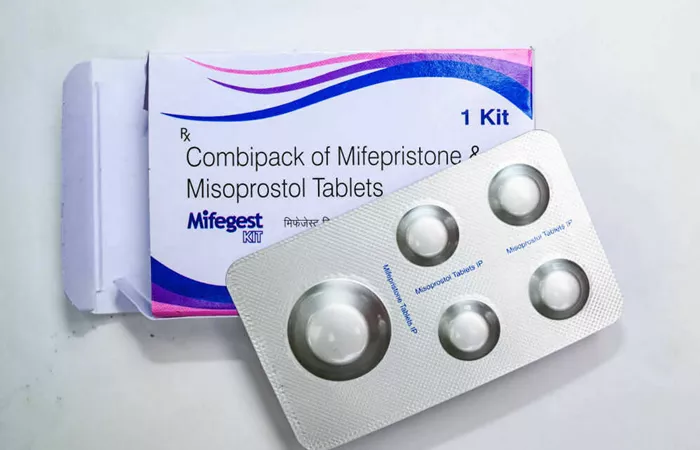Every month, thousands of women in states with abortion bans rely on telehealth clinics to access medication abortions—prescribed remotely and shipped discreetly.
These services have become an essential health lifeline, offering access to time-sensitive reproductive care for those unable to travel.
But this growing digital network of care is now at the center of a legal firestorm.
Two high-profile cases involving Dr. Margaret Carpenter, a New York-based physician, may determine the future of how shield laws protect telehealth abortion providers.
Carpenter faces felony charges in Louisiana and a $100,000 fine from a Texas court for mailing abortion pills across state lines. Despite this, New York’s shield law has so far prevented her extradition to Louisiana.
These shield laws—adopted in 23 states and Washington D.C.—are designed to protect providers from criminal or civil actions when treating out-of-state patients. Eight states, including Massachusetts, California, and Vermont, have gone a step further, explicitly extending this protection even when patients reside in states where abortion is banned.
A Health Service, Not a Crime
Supporters of telehealth abortion argue that these services are about health, not defiance. Dr. Angel Foster, co-founder of The Massachusetts Medication Abortion Access Project, emphasized that they are operating under legal guidance and delivering necessary medical care.
“The safety net created by telehealth post-Roe has been crucial,” said Greer Donley, a law professor at the University of Pittsburgh. “It ensures access for people who cannot travel—due to health, finances, or safety.”
Opponents, however, frame the issue differently. Louisiana Attorney General Liz Murrill called these doctors “drug dealers,” claiming they send “illegal medications” to facilitate abortions that are banned in her state.
How Telehealth Abortion Works
Telehealth abortion usually involves answering a series of online medical questions. Most providers don’t require video calls or disclose physicians’ names unless requested. Pills are typically mailed within a week—fast, private, and safe.
This model complies with FDA guidelines: mifepristone and misoprostol have been approved since the early 2000s for medication abortion, and the demand has surged since the U.S. Supreme Court overturned Roe v. Wade in 2022.
Between April and June 2024 alone, there were an estimated 7,700 telehealth abortions per month in restrictive states, according to the Society of Family Planning.
Legal Gray Areas in Healthcare
The central question remains: Where does the abortion legally occur—in the state where the provider is licensed or where the patient lives?
“It’s an open question,” said Carmel Shachar of Harvard Law School. “Eventually, courts must decide how to define the location of care in telehealth cases.”
States like New York and California argue they have the right to protect their licensed medical professionals. Opponents, such as the conservative group Alliance Defending Freedom, contend that shield laws violate the Constitution’s “full faith and credit” clause, which requires states to honor each other’s laws and court rulings.
Clinics Are Standing Firm
Despite legal threats, providers like Carpenter and Dr. Rebecca Gomperts of Aid Access say they will continue their work. The Abortion Coalition for Telemedicine, which Carpenter co-founded, stands by its mission to offer safe, private health services to women across the U.S.
One California-based doctor stated anonymously that while he feels protected under his state’s law, he now avoids travel outside California due to legal concerns.
“Threats and lawsuits won’t stop us,” said Julie Kay, head of the Abortion Coalition for Telemedicine. “This is health care, and patients need us.”
As states clash and courts prepare to weigh in, the future of telehealth abortion remains uncertain. But for now, these clinics continue to serve as a vital health bridge—helping women safely navigate one of the most personal decisions of their lives.


